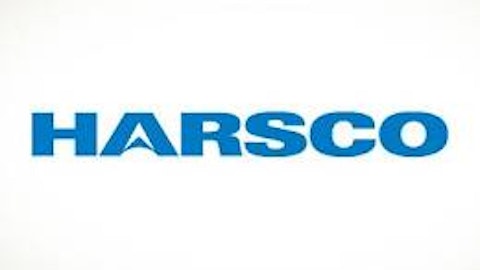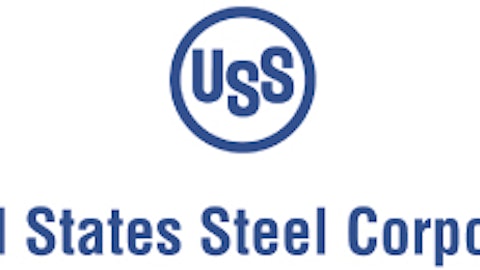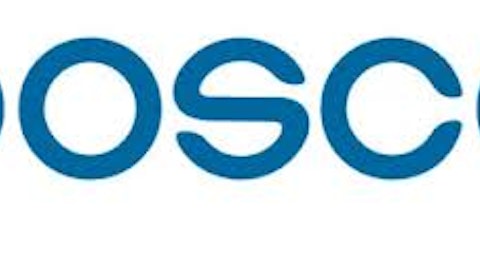
Although there may be some merit to the argument against POSCO (ADR) (NYSE:PKX)’s viability as a long-term investment, it is also true that the firm’s shares have been punished for no apparent reason. Its low book value suggests that it has room to run in a shaky environment for basic commodities like iron ore and coal. What’s more, its diversification into the liquid natural gas business provides it with some insulation from volatile iron and coal prices. Investors who wish to take a closer look at POSCO may start by comparing it to two of its closest competitors.
POSCO and its competitors
Although there are plenty of independent steel-makers in the world, POSCO (ADR) (NYSE:PKX) is regarded as especially similar to ArcelorMittal and United States Steel Corporation (NYSE:X). Whereas ArcelorMittal (ADR) (NYSE:MT) is a massive and growing conglomerate with operations and clients in virtually every stable country in the world, U.S. Steel is a legacy company that has suffered through repeated downsizing and adjustments over the past several decades.
Oddly, this discrepancy does not necessarily show in these three firms’ market capitalization figures. POSCO’s $22.5 billion market cap exceeds ArcelorMittal’s $22 billion. Then again, both numbers dwarf U.S. Steel’s market cap of just over $2.5 billion. Meanwhile, POSCO (ADR) (NYSE:PKX) earned a decent 2012 profit of $2.2 billion on sales of over $57 billion. ArcelorMittal (ADR) (NYSE:MT) managed a narrow loss of around $4 billion on revenue of more than $81 billion. U.S. Steel was profitable by the slimmest of margins; its $22 million take came on revenue of nearly $19 billion.
As is par for the course in this capital-intensive industry, all three of these companies have significant, but not overly burdensome debt loads. Whereas POSCO has about $22.5 billion in debt to around $6 billion in cash, ArcelorMittal has obligations valued at $26 billion and a cash hoard of about $8 billion. With $4 billion in debt to $733 million in cash, United States Steel Corporation (NYSE:X)’s proportional burden is similar.
Valuation and other notes
Value investors who look closely at POSCO should be immediately struck by the company’s low price-to-book ratio. At 0.63, it is even lower than the seemingly troubled U.S. Steel’s 0.77 figure. Interestingly, ArcelorMittal’s reading of 0.45 seems to make the Luxembourg-based firm an even better deal than its Korean rival. Then again, POSCO (ADR) (NYSE:PKX)’s forward P/E of 7.5 is almost laughably low, and it compares favorably to respective readings of 9.2 and 11 for ArcelorMittal and U.S. Steel.
For whatever reason, few mainstream market participants seem to want to own this company. If any reason for this is to be found on the company’s balance sheet, it is likely to be contained within POSCO (ADR) (NYSE:PKX)’s cash flow report. Although it has a seemingly strong operating cash flow of $6.6 billion, its levered free cash flow is around minus $640 million. In comparison, U.S. Steel has positive levered free cash flow to the tune of $93 million. With free cash flow of nearly $4 billion, ArcelorMittal is definitely in the best shape in this department. This discrepancy may be part of the reason that bloggers and market-watchers seem to favor ArcelorMittal.



